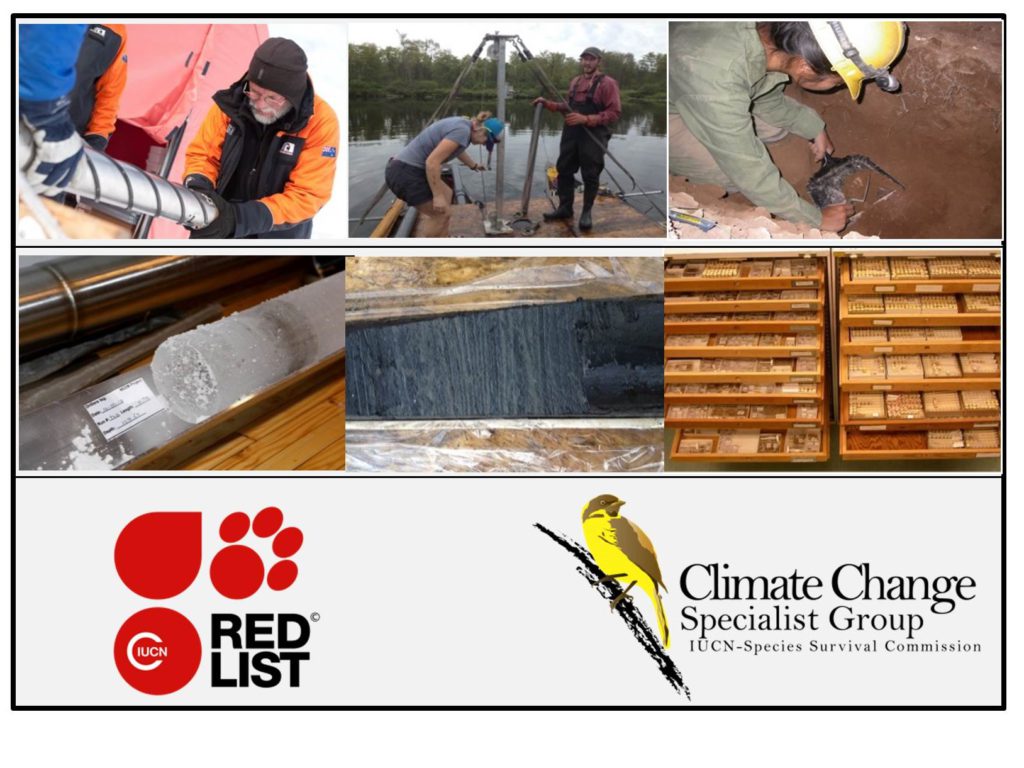Dr Damien Fordham workshop at The International Union for Conservation of Nature (ICCN)
ARC Future Fellow and Senior Lecturer at the University of Adelaide, Dr Damien Fordham will be presenting a workshop to the International Union for Conservation of Nature (IUCN) in at Copenhagen, 8th-10th of October 2018.
The IUCN is a membership Union uniquely composed of both government and civil society organisations. It provides public, private and non-governmental organisations with the knowledge and tools that enable human progress, economic development and nature conservation to take place together.
Created in 1948, IUCN has evolved into the world’s largest and most diverse environmental network. It harnesses the experience, resources and reach of its 1,300 Member organisations and the input of some 13,000 experts. IUCN is the global authority on the status of the natural world and the measures needed to safeguard it. The experts are organised into six commissions dedicated to species survival, environmental law, protected areas, social and economic policy, ecosystem management, and education and communication.
Supported by from the Environment Institute and University of Copenhagen, Center for Macroecology, Evolution and Climate, Dr Fordham's workshop is titled:
Criteria for using historical knowledge to better inform the conservation management of future biodiversity under climate change
Approaches at the intersection between paleoecology, genomics and paleoclimatology are revealing the processes that regulate the severity of past climate and environmental change on biodiversity. We will establish how these exciting new research frontiers can be used to better forecast and manage ecological outcomes in the face of future climate change. Our aim is to provide a clear set of guidelines for how paleo-archives can be used to reverse trends in contemporary rates of biodiversity loss and better anticipating what the future may bring.

The IUCN is a membership Union uniquely composed of both government and civil society organisations. It provides public, private and non-governmental organisations with the knowledge and tools that enable human progress, economic development and nature conservation to take place together.
Created in 1948, IUCN has evolved into the world’s largest and most diverse environmental network. It harnesses the experience, resources and reach of its 1,300 Member organisations and the input of some 13,000 experts. IUCN is the global authority on the status of the natural world and the measures needed to safeguard it. The experts are organised into six commissions dedicated to species survival, environmental law, protected areas, social and economic policy, ecosystem management, and education and communication.
Supported by from the Environment Institute and University of Copenhagen, Center for Macroecology, Evolution and Climate, Dr Fordham's workshop is titled:
Criteria for using historical knowledge to better inform the conservation management of future biodiversity under climate change
Approaches at the intersection between paleoecology, genomics and paleoclimatology are revealing the processes that regulate the severity of past climate and environmental change on biodiversity. We will establish how these exciting new research frontiers can be used to better forecast and manage ecological outcomes in the face of future climate change. Our aim is to provide a clear set of guidelines for how paleo-archives can be used to reverse trends in contemporary rates of biodiversity loss and better anticipating what the future may bring.


Newsletter & social media
Join us for a sensational mix of news, events and research at the Environment Institute. Find out about new initiatives and share with your friends what's happening.
